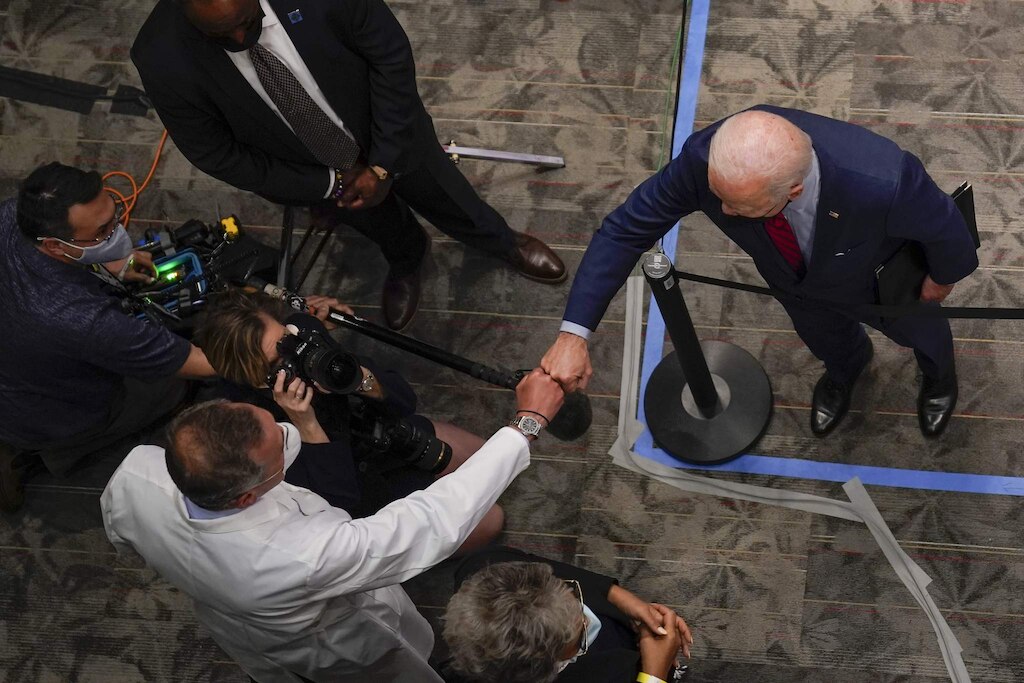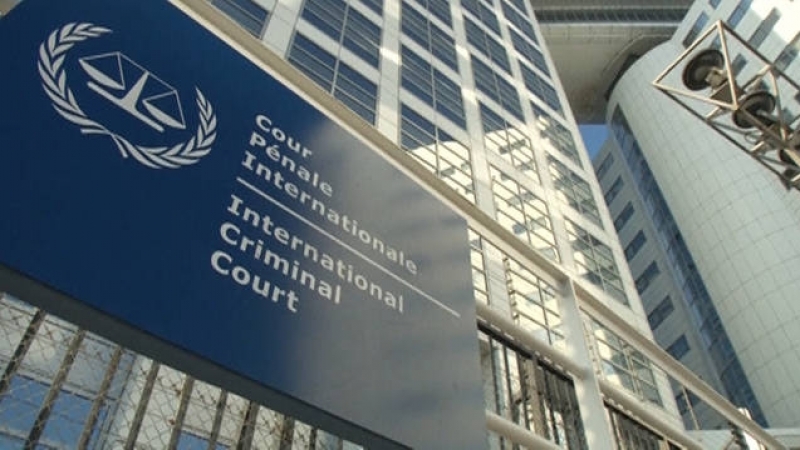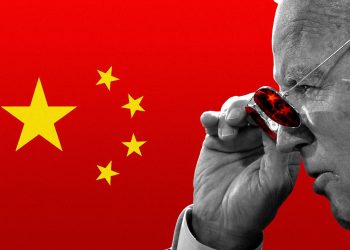The administration of President Joe Biden has taken a huge step towards somewhat mending America’s tarnished image as a defender of human rights by undoing Donald Trump’s directive in sanctioning the International Criminal Court (ICC), but what is the real story here?
Last September, Trump shocked the world by signing a bizarre executive order that sanctioned I.C.C. chief prosecutor Fatou Bensouda, as well as Phakiso Mochochoko, a senior official, after the court launched an investigation into potential war crimes committed by American troops in Afghanistan.
This followed yet another controversial move by the one-term president in 2019, banning the court’s personnel from entering the United States.
On Friday, however, Secretary of State Anthony Blinken said Biden had reversed all of that.
These decisions reflect our assessment that the measures adopted were inappropriate and ineffective,” Mr. Blinken said.
If this was to be played out as a movie, this would be the kind of climax that the audience expected the most; a moment worthy of heartfelt applause. Except, it isn’t.

What Mr. Biden and his team are doing, while appreciated, only takes America back to the square one with critics of its human rights record: That it has yet to become a member of the ICC and accept its jurisdiction.
Washington argues that the court, which was formed in Rome in 1998 to bring war criminals to justice and is based at The Hague, has no jurisdiction to go after its citizens. But the I.C.C. suggests that any kind of war crimes committed by American soldiers in Afghanistan (a member) can be subject to scrutiny.
It actually gets worse: Biden agrees with the Trump administration’s point of view that the court doesn’t have jurisdiction over Israel either, because it too is not a member.
The I.C.C. angered Trump when months ago it agreed to launch a probe into alleged Israeli war crimes against the people of Palestine, which is a member of the court.
“We continue to disagree strongly with the I.C.C.’s actions relating to the Afghanistan and Palestinian situations,” Mr. Blinken said, reasserting Washington’s “longstanding objection to the Court’s efforts to assert jurisdiction” over personnel of non-member countries.
So what should we make from all this? A big fat nothing burger. This was just a nice gesture by the Biden administration that fit nicely with his first and foremost policy these days: to distance himself from Trump’s legacy.
But wait! The story doesn’t end here either.
The executive order was rescinded merely days before a court session where lawyers and rights activists were expected ro challenge it.
In October, the Open Society Justice Initiative, an advocacy organization focused on human rights, joined forces with four law professors in order to sue the federal government over the executive order, arguing it violated free speech rights under the First Amendment.
They argued that the directive keeps American advocacy groups from helping the court in its mission. A similar lawsuit has been brought forward by the American Civil Liberties Union (ACLU).
But when given a choice between either going to court and getting humiliated over these double-standards or simply glossing over the issue, guess what did the Biden administration choose.


















